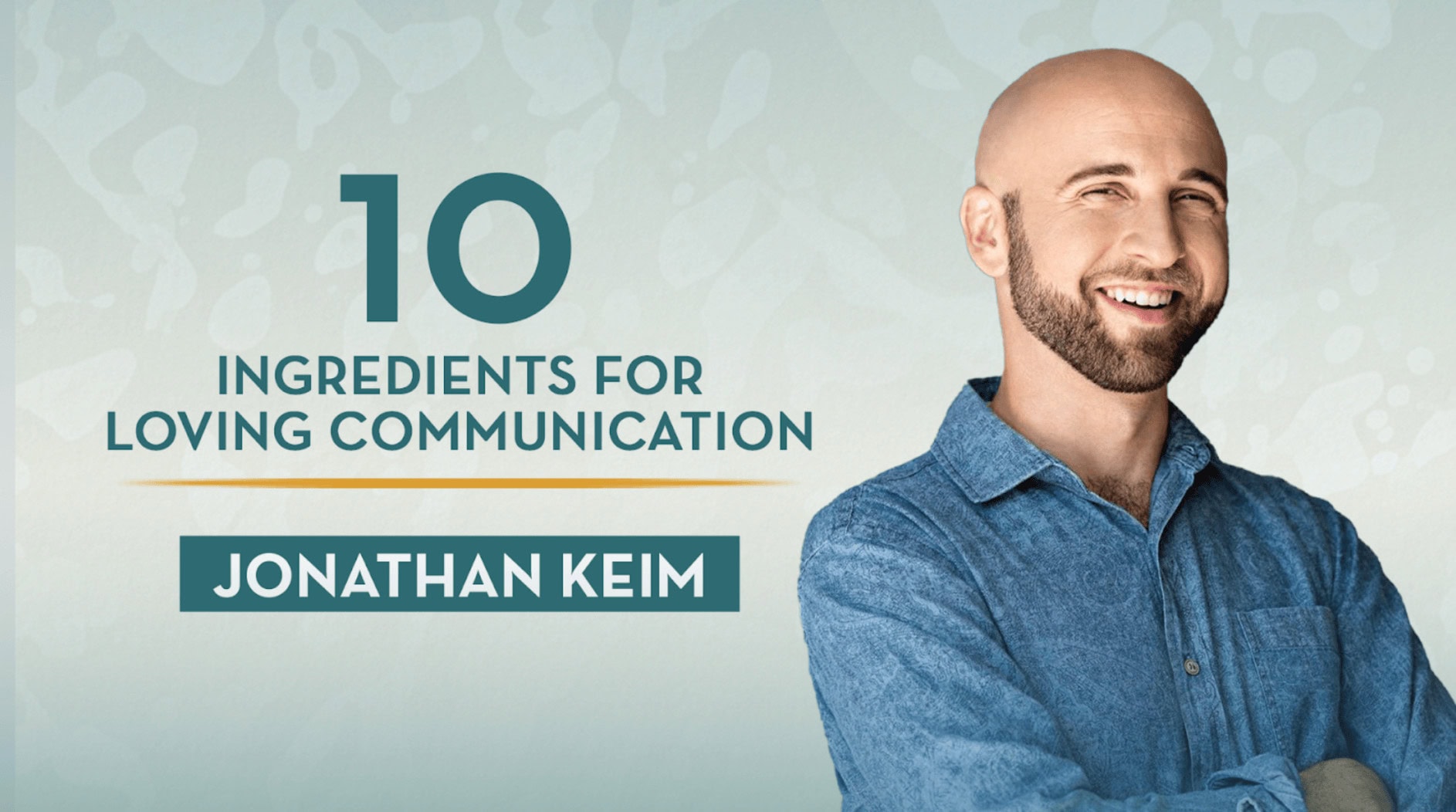Supporting Client Autonomy – Creating Conditions for Self-Motivation
I want to share something with you today that has profoundly influenced my approach to coaching and personal development. As life coaches, one of our biggest goals is to inspire meaningful and lasting change in our clients. But how do we train life coaches to do that in a way that empowers them rather than making them dependent on us? The answer lies in fostering autonomy—creating the conditions where our clients can self-motivate.
In Edward L. Deci’s groundbreaking work on human motivation, he makes an essential distinction: people are either autonomously motivated or controlled. When clients feel autonomous, they act out of a genuine desire to engage with life, their goals, and challenges. But when they feel controlled—by external rewards, pressures, or even their inner dialogue—they may comply temporarily but lose their connection to the deeper “why” behind their actions. Our job is to help clients find and live from their why.
What Is Autonomy?
Autonomy, at its core, means being self-governing. It’s the freedom to act according to your values and inner drives. Autonomy isn’t about being free from external guidance but rather about making choices aligned with your true self. It’s a feeling that you are in the driver’s seat of your life.
In coaching, autonomy is a gift we give our clients by creating an environment that encourages self-initiation, self-regulation, and self-commitment. When clients feel they have control over their decisions and actions, they’re far more likely to experience fulfillment, growth, and lasting change.
Why Autonomy Matters for Motivation
Autonomy is not just a feel-good idea—it’s the bedrock of motivation. Research shows that when people are given choices and feel responsible for their decisions, they are more engaged and enthusiastic about their tasks. Contrast that with environments where people feel controlled—where rules, deadlines, or rewards push them to perform. In these cases, even if they comply, their internal drive is diminished, and resentment or disengagement often follows.
This idea links seamlessly with the six human needs that Robbins Madanes Training, Tony Robbins’ official school for training life coaches, teaches: Certainty, Uncertainty/Variety, Significance, Love/Connection, Growth, and Contribution. Each of these needs can be fulfilled in a healthy way when we empower our clients to make autonomous choices. When clients choose how they will grow, contribute, or create significance in their lives, they experience authentic fulfillment.
How Do We Support Autonomy in Coaching?
Here are a few strategies I’ve found invaluable in helping clients become self-motivated:
- Offer Choices, Big and Small
Autonomy thrives when clients have choices. Whether it’s deciding the direction of a coaching session or setting their weekly goals, allowing clients to have input fosters ownership. For example, instead of saying, “You need to meditate every day,” offer: “Would you prefer starting your day with meditation, or would a reflective journaling practice suit you better?” This gives them control over how they integrate personal growth into their lives. - Focus on Values, Not Just Outcomes
People are motivated when their actions align with their core values. Start by helping clients clarify their values. Then, show them how their goals and actions can support those values. This creates an inner drive that’s far more powerful than any external reward. - Encourage Reflection and Self-Assessment
Rather than imposing feedback or telling clients what they should do, ask them reflective questions. “What did you learn from this experience?” or “What do you think would help you move forward?” These questions help clients build self-awareness, which in turn enhances their ability to motivate themselves. - Provide Structure Without Control
Setting limits can be necessary, but it doesn’t have to be controlling. There’s a difference between providing structure and exerting control. Structure provides a framework within which your client can explore and grow—control, on the other hand, control stifles that growth. We need to be mindful of how we present structure so that it supports their autonomy.
Connecting to the Six Human Needs
Our online life coach certification training teaches how each of the six human needs can be met in ways that support autonomy:
- Certainty can be met when clients develop a routine that they choose and feel confident about.
- Variety thrives when clients are allowed to explore different strategies to achieve their goals, deciding what feels right for them.
- Significance is enhanced when clients pursue achievements that they feel personally connected to, rather than chasing external validation.
- Love/Connection deepens when clients build relationships that are authentic and driven by their values, rather than by fear or neediness.
- Growth happens naturally when clients feel free to explore new challenges at their own pace.
- Contribution becomes deeply fulfilling when clients find ways to give back that align with their unique gifts and desires.
The Result? Lasting Fulfillment
When Life Coaches help clients build autonomy, we aren’t just helping them solve a problem or reach a goal. We’re giving them the tools to create lasting fulfillment in every area of their lives. Self-motivation is the most powerful force for growth, and it’s the key to making sure the changes your clients experience aren’t just temporary fixes, but deep transformations.
As Deci so wisely stated, “When people are free to be themselves, they find the energy to become the best version of themselves.” Let’s create the space for our clients to do just that.
To your growth and success!


